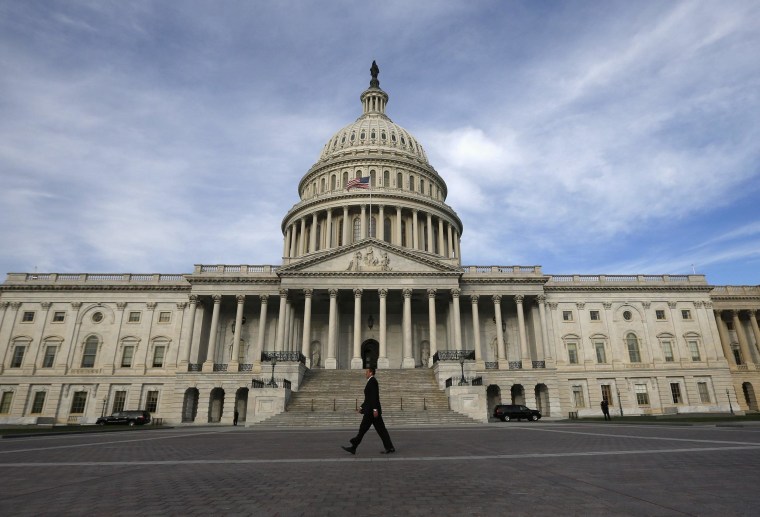A controversial immigrant investor program that provides a pathway to American citizenship popular among Chinese citizens who invest in American businesses in exchange for green cards has been extended through Dec. 11.
Federal lawmakers will now have a few extra months to mull over several congressional bills that seek to overhaul and reform the EB-5 foreign investment program, originally set to expire Wednesday. The extension was part of a temporary spending bill passed by Congress, and signed into law by President Barack Obama, that averts a government shutdown.
The EB-5 visa, of which roughly 10,000 are awarded annually, has become an expedient way for wealthy Chinese citizens to become permanent U.S. residents and later bring over their family members. In 2014, some 85 percent of EB-5 investors were Chinese, according to a study by Savills Studley, a real estate services firm.
RELATED: Slowing Down the 'Investor Visa' Green Card Fast Track
It can take between two and three years for Chinese EB-5 applicants to receive green cards from the time they apply.
Established by Congress in 1990, the program was designed to help create American jobs and stimulate the American economy. To receive a conditional EB-5 green card, applicants must invest between a half million and one million dollars in a U.S. business, depending on its location, and create at least 10 jobs.
Three bills—one introduced in the Senate, and two in the House of Representatives—aim to reform such EB-5 provisions as the minimum investment amount, the processing times for paperwork, and how jobs are created.
Jean Chen, lead attorney for the Law Offices of Jean D. Chen, which specializes in immigration law, told NBC News that the temporary extension was welcome news for Chinese EB-5 investors.
She added that even if the current minimum investment amount of $500,000 was increased, as some of the bills propose, it will not deter Chinese citizens from applying to the EB-5 program.
“The U.S. is still one of the few countries they want to consider,” she said.
The U.S. Government Accountability Office issued a report in August saying that the agency in charge of the EB-5 program, the U.S. Citizenship and Immigration Services, must do more to assess fraud risks and improve the way it reports economic benefits of EB-5 investments to the public and Congress.
Some EB-5 investments have gone into big projects like the Hudson Yards in New York and the Hunters Point Shipyard in San Francisco, others into chain stores and real estate ventures. Former New York Gov. David Paterson has also traveled to China and used the EB-5 visa program to court potential investors.
Isaac Ontiveros, a research analyst with Unite Here, a union of 270,000 hospitality workers in North America, told NBC News he was concerned with how many “good jobs” are actually created through the EB-5 program. Hotels are one investment that attracts EB-5 applicants.
“I think it’s a critical question they can take up in Washington these next two months,” Ontiveros said.
